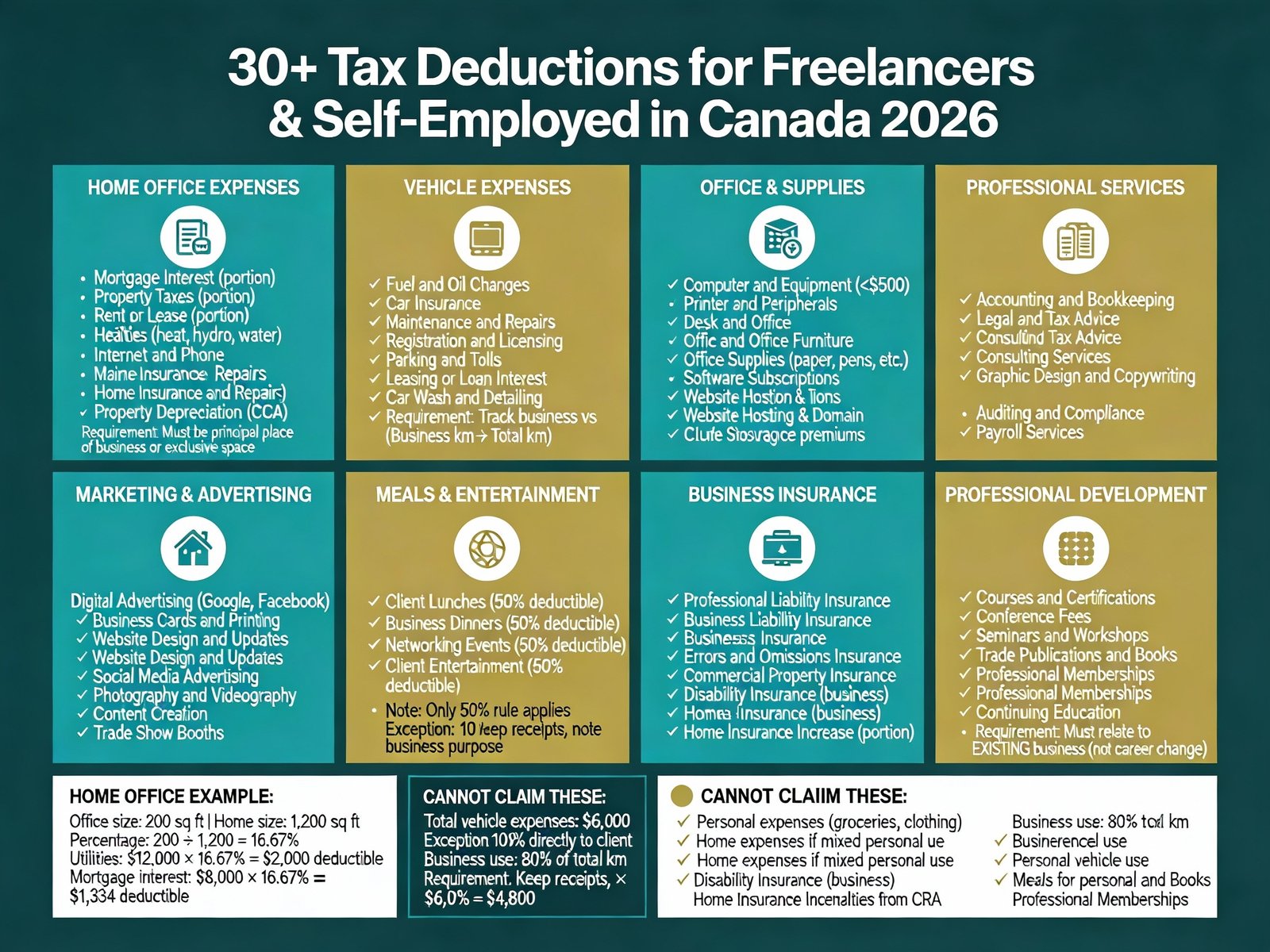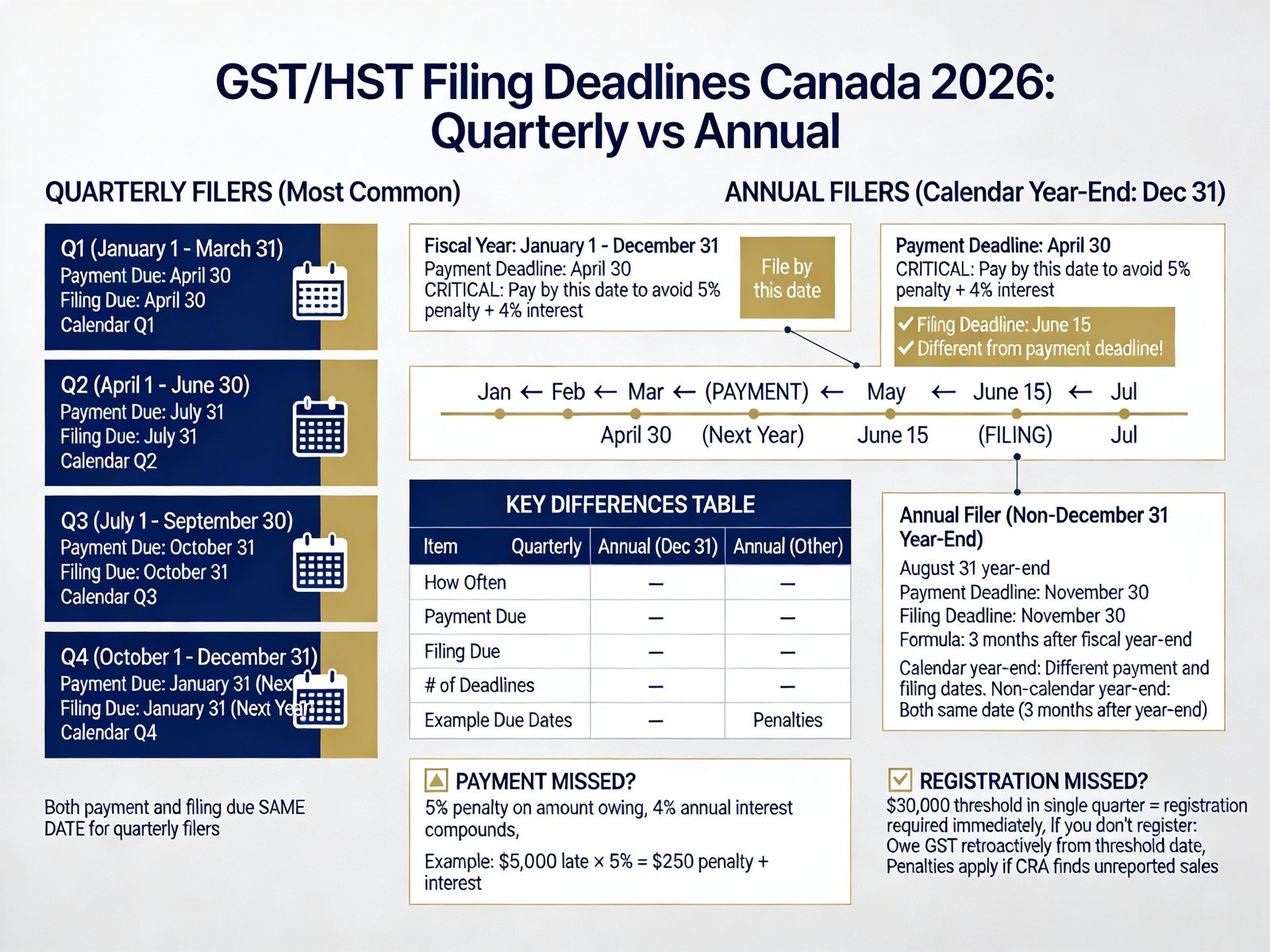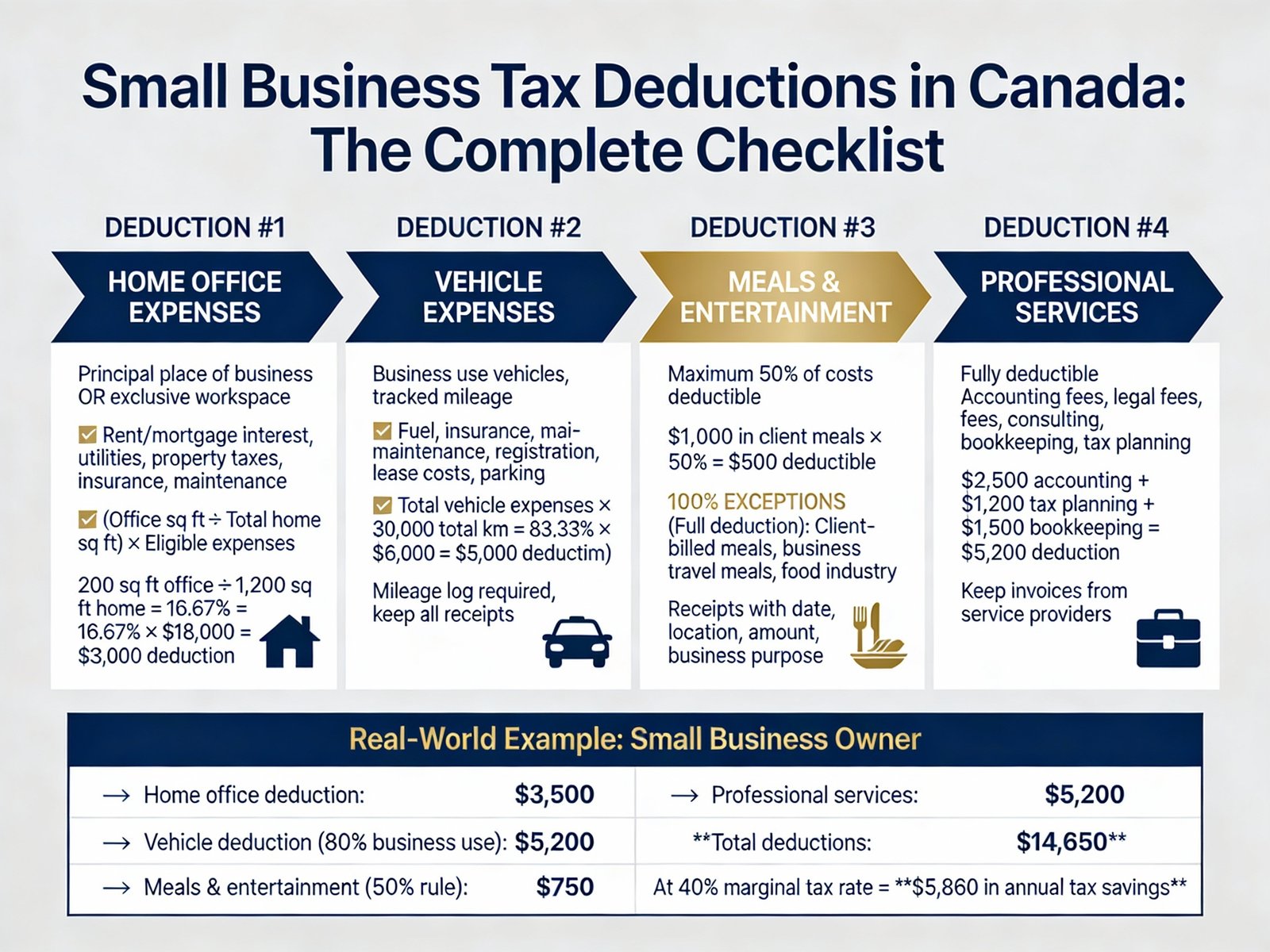In today’s complex business landscape, navigating financial intricacies and regulatory requirements can be daunting for entrepreneurs and executives. This is where a chartered professional accountant (CPA) steps in, offering invaluable expertise beyond number-crunching. CPAs bring a wealth of finance, accounting, and business strategy knowledge, making them indispensable assets for companies of all sizes.
Hiring a chartered professional accountant impacts various aspects of a business, from ensuring compliance with ever-changing regulations to optimizing tax strategies. These professionals provide strategic guidance to improve financial management skills, enhance decision-making processes, and drive business growth. Moreover, CPAs offer specialized services such as forensic accounting, audit services, and financial planning tailored to meet the unique needs of different industries. To explore how a CPA can benefit your organization, let’s delve into the advantages of bringing one of these highly qualified professionals on board.

Financial Expertise and Strategic Guidance
Chartered professional accountants (CPAs) bring financial expertise and strategic guidance to businesses, making them invaluable assets in today’s complex economic landscape. These highly trained professionals offer services beyond traditional accounting, helping organizations make informed decisions and achieve long-term success.
In-depth Financial Analysis
CPAs excel at conducting thorough analyses of financial statements, including cash flow statements and balance sheets. Their expertise allows them to provide insights into a company’s financial health, identifying potential risks and opportunities. By leveraging their knowledge, businesses can comprehensively understand their financial position and make data-driven decisions.
CPAs use their analytical skills to:
- Assess the company’s current financial standing
- Identify trends and patterns in financial data
- Compare performance against industry benchmarks
- Uncover areas for improvement and growth
Long-term Financial Planning
One of the key benefits of working with a CPA is their ability to assist with long-term financial planning. They help businesses create comprehensive strategies that align with short-term and long-term goals. As circumstances change and objectives evolve, CPAs can adjust these plans to remain relevant and practical.
CPAs contribute to long-term financial planning by:
- Creating strategic budget plans that align with financial goals
- Using historical data and market trends to forecast future revenue and expenses
- Providing valuable insights to improve financial management
- Developing tax optimization strategies to minimize tax liabilities
- Assisting with retirement planning and investment decisions
Risk Management Strategies
Risk management has become a critical aspect of financial planning in an increasingly complex business environment. CPAs play a vital role in helping businesses identify, assess, and mitigate various risks that could impact their financial stability, operations, and reputation.
CPAs assist with risk management by:
- Conducting regular risk assessments to identify potential threats
- Developing clear plans, procedures, and policies to address identified risks
- Implementing internal controls and standard operating procedures
- Training staff on risk management best practices
- Monitoring and reporting potential risks promptly
CPAs also help businesses navigate specific risk areas, such as:
- Cybersecurity risks: Developing plans to protect sensitive financial data and respond to potential breaches
- Compliance risks: Ensuring adherence to relevant laws and regulations
- Operational risks: Streamlining processes and implementing quality control procedures
- Reputational risks: Advising on strategies to maintain a positive public image
- Professional liability risks: Implementing practices to minimize potential legal issues
By leveraging their expertise in these areas, CPAs help businesses build resilience and maintain financial stability in the face of various challenges. Their strategic guidance enables organizations to make informed decisions, optimize financial performance, and position themselves for sustainable growth in an ever-changing business landscape.
Compliance and Regulatory Knowledge
In the ever-evolving landscape of finance and accounting, chartered professional accountants (CPAs) play a crucial role in ensuring businesses adhere to complex regulatory requirements. Their expertise in compliance and regulatory knowledge significantly impacts an organization’s financial health and legal standing.
Staying Up-to-date with Tax Laws
CPAs must complete over a hundred hours of professional development every three years, ensuring they remain at the forefront of industry trends and regulatory changes. This continuous learning enables them to stay ahead of the curve on the newest tax regulations and government tax relief programs. As a result, businesses benefit from having a professional who can navigate the intricacies of tax laws and optimize their financial strategies accordingly.
For instance, CPAs are well-versed in recent developments that affect taxpayers, such as:
- New reporting requirements for trustees of trusts with tax years ending on or after December 31, 2023
- Changes in home office expense deductions for employees working from home
- Updated electronic payment requirements for remittances to the Canada Revenue Agency (CRA)
By leveraging this knowledge, CPAs help businesses avoid potential penalties and take advantage of available tax benefits and relief measures.
Ensuring Adherence to Accounting Standards
CPAs are well-versed in Canadian Generally Accepted Accounting Principles (GAAP) and other relevant financial reporting frameworks. They understand that most laws and regulations require financial statements to be prepared by these standards. This expertise allows them to guide businesses in selecting the appropriate framework for their specific needs, whether it’s International Financial Reporting Standards (IFRS), Canadian Accounting Standards for Private Enterprises (ASPE), or other specialized standards.
Moreover, CPAs can assist organizations in:
- Preparing financial statements that comply with the chosen reporting framework
- Interpreting complex accounting standards and applying them correctly
- Adapting to changes in accounting regulations and standards
This adherence to accounting standards enhances the credibility and reliability of financial statements, which is crucial for stakeholders, investors, and regulatory bodies.
Managing Audits and Financial Reviews
When it comes to audits and financial reviews, CPAs are invaluable assets. They have the expertise to:
- Conduct internal audits to identify potential issues before external audits
- Prepare organizations for external audits by ensuring all financial records are accurate and compliant
- Represent businesses during CRA audits and follow-ups
- Guide on resolving any issues identified during audits
CPAs understand the different levels of assurance required for various financial statements, from full audits to review engagements. They can explain the implications of each level of assurance and help businesses choose the appropriate option based on their needs and regulatory requirements.
Furthermore, CPAs are equipped to handle follow-ups from the CRA and provide additional documentation when required. Their ability to efficiently represent businesses during audits and resolve issues can save organizations time, money, and potential legal complications.
By engaging a CPA, businesses gain access to a professional who is knowledgeable about current regulations and committed to staying informed about future changes. This proactive approach to compliance and regulatory knowledge helps organizations maintain financial integrity, build trust with stakeholders, and confidently navigate the complex world of finance.
Cost Savings and Efficiency
Chartered professional accountants (CPAs) are crucial in helping businesses achieve cost savings and improve efficiency. Their expertise extends beyond traditional accounting tasks, enabling organizations to optimize their financial processes and make informed decisions that positively impact the bottom line.
Identifying Areas for Cost Reduction
CPAs conduct detailed analyses of financial statements to provide an accurate picture of a company’s financial health. By scrutinizing processes, they identify inefficiencies and recommend measures to enhance productivity and reduce costs. This comprehensive approach allows businesses to uncover hidden opportunities for savings and streamline operations.
One key strategy CPAs employ is minimizing tax liabilities and optimizing cash flow. They develop tailored strategies to ensure businesses take advantage of available tax benefits and relief measures, ultimately reducing overall tax burdens. Additionally, CPAs help organizations implement effective working capital management techniques, such as:
- Invoice promptness: Accelerating cash inflows by ensuring timely invoicing and follow-ups
- Inventory management: Reducing excess inventory to free up cash while avoiding stockouts
- Technology integration: Implementing electronic invoicing and vendor portals to speed up billing cycles and reduce disputes
Streamlining Financial Processes
CPAs play a vital role in streamlining financial processes, which leads to increased efficiency and reduced operational costs. They leverage their expertise to:
- Automate routine accounting tasks: By implementing accounting automation software, CPAs help businesses handle tedious, time-consuming tasks such as manual data entry, bank statement reconciliation, and financial report generation.
- Create financial dashboards: CPAs assist in developing customized dashboards that display key financial metrics in an easy-to-understand format. These dashboards provide real-time insights into profit, overhead, operating costs, and other crucial data points.
- Optimize cash flow management: With automated accounting systems, CPAs help businesses track cash flow more effectively. They can quickly identify potential cash flow problems and proactively develop strategies to address them.
- Enhance data retrieval and analysis: Automated systems allow for instantaneous data retrieval, making it easier to access financial information at any point during an accounting period. This capability enables businesses to make timely, data-driven decisions.
Implementing Efficient Accounting Systems
CPAs guide businesses in implementing efficient accounting systems tailored to their specific needs. These systems not only save time but also provide valuable insights for decision-making. Critical aspects of implementing efficient accounting systems include:
- Technology selection: CPAs help businesses choose the right accounting software and tools that align with their unique requirements. They ensure the selected technology can handle current needs and scale as the company grows.
- Process optimization: CPAs identify areas where processes can be simplified or automated by analyzing existing workflows. This optimization leads to reduced manual work and increased accuracy in financial reporting.
- Training and support: CPAs assist in training staff on new accounting systems and provide ongoing support to ensure smooth adoption and utilization of the technology.
- Continuous improvement: Regular system reviews and updates are conducted to maintain efficiency and adapt to changing business needs.
By leveraging their expertise in these areas, CPAs help businesses achieve significant cost savings and efficiency improvements. Their strategic guidance enables organizations to optimize financial processes, reduce operational expenses, and allocate resources more effectively. This comprehensive approach to economic management positions businesses for sustainable growth and long-term success in an increasingly competitive marketplace.
Business Growth and Performance
Chartered professional accountants (CPAs) drive business growth and enhance performance. Their expertise extends beyond traditional accounting tasks, providing valuable insights and strategies for an organization’s success.
Financial Forecasting and Budgeting
CPAs are instrumental in developing robust financial forecasting and budgeting processes. They help organizations create disciplined cultures of budgeting, which are essential for sustainable growth. By leveraging their expertise, CPAs assist businesses in:
- Building comprehensive budgets that align with strategic objectives
- Implementing various budgeting approaches, such as zero-based budgeting, when appropriate
- Analyzing revenue and cost drivers to forecast future performance accurately
- Using Excel functions and tools tailored to the budgeting process
This financial planning and analysis (FP&A) expertise enables businesses to make informed decisions about resource allocation and investment opportunities, ultimately driving growth.
Performance Measurement and KPI Tracking
CPAs play a vital role in establishing and monitoring key performance indicators (KPIs) that provide insights into an organization’s strategic and operational performance. Their involvement in this process includes:
- Assisting in the selection of appropriate KPIs that align with business objectives
- Ensuring the accuracy and reliability of KPI calculations
- Developing effective processes for KPI oversight and reporting
- Implementing robust variance reporting to track organizational performance
By leveraging their expertise in performance measurement, CPAs help businesses:
- Gain a deeper understanding of their financial health and operational efficiency
- Identify areas for improvement and growth opportunities
- Make data-driven decisions that support long-term success
Identifying Growth Opportunities
CPAs contribute significantly to identifying and capitalizing on growth opportunities. Their comprehensive understanding of a business’s financial position and industry trends allows them to:
- Conduct strategic financial analysis to pinpoint strengths and weaknesses
- Provide critical insights that go beyond mere numbers
- Empower informed decision-making aligned with growth objectives
- Craft tax optimization strategies that preserve capital for growth initiatives
Moreover, CPAs guide businesses in selecting appropriate structures that support growth while minimizing tax liabilities. This strategic approach to business structuring has long-term implications for a company’s financial health and growth potential.
CPAs also play a crucial role in risk management and compliance, which is essential for sustainable growth. They:
- Stay vigilant in tracking regulatory changes
- Assist businesses in adapting to new compliance requirements
- Conduct thorough risk assessments to identify operational risks that may impede growth
- Develop strategies to mitigate risks and ensure unhindered growth trajectories
By leveraging the expertise of CPAs in these areas, businesses can create a solid foundation for growth and improved performance. Their strategic guidance enables organizations to make informed decisions, optimize financial processes, and position themselves for long-term success in an increasingly competitive marketplace.
Tax Planning and Optimization
Minimizing Tax Liabilities
Chartered professional accountants (CPAs) play a crucial role in helping businesses and individuals minimize their tax liabilities through effective tax planning strategies. One such strategy is income splitting, which involves transferring a portion of income from a higher-taxed individual to a lower-taxed one. This technique can benefit small business owners who can employ their spouses or have corporation shares.
When implementing income-splitting strategies, knowing the income tax attribution rules is essential. These rules can return income or capital gains to the spouse who originally owned the assets. To avoid this, CPAs recommend using prescribed rate loans between spouses. This involves the higher-income spouse lending funds to the lower-income spouse at the prescribed interest rate. All income and capital gains, net of the interest paid, are taxed by the lower-income spouse.
To ensure the effectiveness of this strategy, CPAs advise:
- Creating a written loan agreement between spouses
- Ensuring interest is paid no later than January 30th of each year
- Repaying any previous loans at higher rates and entering into new agreements
Maximizing Deductions and Credits
CPAs are instrumental in identifying and optimizing tax deductions and credits, which can significantly reduce a taxpayer’s overall tax burden. They possess in-depth knowledge of various tax credits available, such as:
- Apprenticeship Job Creation Tax Credit
- Union Dues Tax Credit
- Ontario Book Publishing Tax Credit
- Small Business Investor Credit
These professionals can also help businesses and individuals take advantage of government incentives and support programs. For instance, during the COVID-19 pandemic, CPAs assisted businesses in accessing programs such as:
- Canada Emergency Wage Subsidy (CEWS)
- Canada Emergency Business Account (CEBA)
- Temporary Wage Subsidy (TWS)
- Canada Emergency Commercial Rent Assistance (CECRA)
CPAs also help in maximizing deductions related to business expenses. They ensure accurate record-keeping and proper categorization of expenses, which is crucial for claiming deductions and avoiding potential audits. Some commonly overlooked deductions include:
- Business travel expenses
- Office supplies and equipment
- Home office expenses
- GST tax credits
Strategic Tax Planning for Businesses
CPAs employ advanced tax strategies to help businesses optimize their tax position and promote growth. These strategies often involve carefully timing income and expenses, effectively using tax credits and deductions, and considering owner remuneration.
One key aspect of strategic tax planning is using Capital Cost Allowance (CCA) effectively. CPAs can help businesses:
- Time the purchase of depreciable assets to maximize CCA claims
- Ensure assets are acquired and in use before the fiscal year-end to claim CCA
- Strategically dispose of capital assets after the business taxation year-end to defer income taxes on capital gains and depreciation recapture
Another essential strategy is the optimal mix of salary or bonus and dividends for shareholder-owners. CPAs perform annual calculations to determine the most tax-efficient compensation structure for individuals and corporations.
For businesses considering expansion or restructuring, CPAs provide valuable insights into the tax implications of different corporate structures. They can help businesses:
- Choose the most tax-efficient structure for their operations
- Navigate the complexities of mergers and acquisitions
- Plan for business succession and minimize associated tax risks
By leveraging the expertise of CPAs in tax planning and optimization, businesses and individuals can ensure compliance with tax laws while maximizing their financial resources. These professionals not only help in reducing tax liabilities but also provide strategic guidance for long-term economic success.
Financial Reporting and Decision Making
Chartered professional accountants (CPAs) are crucial in financial reporting and decision-making processes, providing valuable insights that drive business success. Their expertise extends beyond traditional number-crunching, encompassing various skills that help organizations navigate complex financial landscapes.
Accurate and Timely Financial Statements
CPAs are instrumental in preparing and analyzing financial statements, a foundation for informed decision-making. While financial statements are not precise due to inherent uncertainties and the concept of materiality, CPAs apply professional judgment to develop appropriate accounting policies and ensure the accuracy of reported information.
To maintain the reliability of financial statements, CPAs recommend:
- Regular updates: Creating monthly financial statements rather than relying solely on annual reports
- Familiarity: Developing a deep understanding of balance sheets, income statements, and cash flow statements
- Consistency checks: Reviewing reports for unexplainable swings from month to month
- Third-party reviews: Engaging external accountants to provide a valuable second set of eyes
By implementing these practices, businesses can identify potential issues early and adjust their financial reporting processes.
Data-driven Decision Support
CPAs leverage their analytical skills to provide comprehensive decision support in today’s data-driven business environment. They go beyond traditional financial analysis to incorporate a broader range of factors, including:
- Environmental, Social, and Governance (ESG) considerations
- Non-financial performance measures
- Big data analytics and artificial intelligence
CPAs use these tools to:
- Predict financial performance using both financial and non-financial measures
- Analyze vast amounts of data to provide deeper insights for audits
- Audit algorithms and data sets as companies adopt AI technologies
This expanded role allows CPAs to offer more valuable management insights, helping organizations make informed decisions that align with their long-term goals and stakeholder expectations.
Stakeholder Communication
Effective stakeholder communication has become an essential aspect of financial reporting and decision-making. CPAs play a vital role in this process by:
- Engaging with stakeholders: Taking active steps to establish constructive relationships with various stakeholder groups
- Translating complex financial information: Communicating financial data and insights in a clear, accessible manner
- Demonstrating transparency: Providing stakeholders with an understanding of how their feedback is used in setting organizational priorities
CPAs help organizations develop strategies for effective stakeholder engagement, which can lead to:
- Identification of shared objectives
- Enhanced reputation and competitive advantage
- Improved ability to withstand short-term pressures from activist shareholders
By facilitating open and transparent communication with stakeholders, CPAs help organizations build trust and credibility, ultimately supporting long-term value creation.
In conclusion, CPAs contribute significantly to financial reporting and decision-making by ensuring accurate financial statements, providing data-driven insights, and facilitating effective stakeholder communication. Their expertise helps organizations navigate complex financial landscapes and make informed decisions that drive sustainable growth and success.
Access to a Professional Network
Chartered professional accountants (CPAs) benefit significantly from access to a vast professional network, which plays a crucial role in their career development and success. This network provides industry connections, referrals, and ongoing professional development opportunities.
Industry Connections
CPAs have the advantage of being part of a well-connected professional community. These connections extend beyond the accounting world, allowing CPAs to interact with professionals from various industries. By networking with experts in other fields, such as marketing or technology, CPAs can expand their business horizons and leverage their existing skills in new ways.
These cross-industry relationships often lead to mutually beneficial collaborations. For instance, a CPA might exchange advice with a marketing professional, creating a symbiotic business relationship. This interaction allows CPAs to:
- Tap into diverse expertise and experiences
- Gain fresh insights into different industries
- Discover new opportunities for professional growth
Networking outside the accounting industry also helps CPAs develop a broader understanding of how different sectors operate. This knowledge can be invaluable when serving clients from various industries or exploring new career paths.
Referrals to Other Professionals
The professional network of a CPA has an impact on their ability to provide comprehensive services to clients. When faced with complex issues that require specialized expertise, CPAs can refer their clients to trusted professionals within their network. This referral system works both ways, with CPAs often receiving client referrals from other professionals.
CPAs should consider implementing an outreach plan to maximize the potential of referrals. This plan should include:
- Categorizing referral sources based on the volume of referrals they provide
- Developing different levels of outreach for each category
- Increasing touchpoints with referral sources throughout the year
An effective outreach plan allows CPAs to proactively engage with their referral sources and add value to their businesses or lives. This could involve:
- Sending relevant books or articles
- Making quick check-in phone calls
- Sharing industry insights
These touchpoints help keep the CPA in mind whenever their referral sources encounter someone needing accounting services.
Ongoing Professional Development
The accounting profession constantly evolves, and CPAs must stay current with the latest business trends and technological advancements. Access to a professional network is crucial in facilitating ongoing professional development.
Continuing Professional Development (CPD) significantly impacts a CPA’s ability to remain a go-to resource for companies and organizations across various industries. CPD requirements for CPAs typically include:
- Completing at least 120 hours of CPD in every rolling three-year period
- Submitting an annual CPD Declaration
- Ensuring that at least 50% of CPD hours are verifiable
CPAs can gain verifiable hours through various activities within their professional network, such as:
- Attending industry conferences and seminars
- Participating in technical committees
- Engaging in research and publications
These activities fulfill CPD requirements and provide opportunities for CPAs to expand their network and stay informed about industry developments.
Moreover, CPAs can leverage their network to access professional development sessions and courses. These learning opportunities are precious for experienced CPAs who must stay updated on emerging trends and technologies.
By actively participating in their professional network, CPAs can:
- Keep their skills up to date
- Maintain and enhance their qualifications
- Gain confidence and dependability in their roles
- Obtain worldwide recognized qualifications
In conclusion, access to a professional network significantly impacts a CPA’s career growth and success. It provides opportunities for industry connections, facilitates referrals, and supports ongoing professional development. By actively engaging with their network, CPAs can stay at the forefront of their profession and provide valuable services to their clients across various industries.
Conclusion
To wrap up, chartered professional accountants bring a wealth of expertise, offering far more than just number-crunching skills. Their deep knowledge of financial analysis, regulatory compliance, and strategic planning significantly influence a business’s growth and success. By leveraging a CPA’s skills in tax optimization, financial reporting, and decision support, companies can navigate complex financial landscapes with confidence and precision.
In today’s fast-paced business world, having a trusted financial advisor is crucial to stay competitive and compliant. CPAs provide this invaluable support, helping businesses make informed decisions, streamline operations, and seize growth opportunities. BOMCAS Canada is your accounting firm when you need support with accounting and tax return services. With their extensive professional network and commitment to ongoing development, CPAs are well-equipped to guide businesses through financial challenges and toward long-term prosperity.










 View Our Location
View Our Location





 181 Meadowview Bay, Sherwood Park, AB T8H 1P7, Canada (Online Clients Only)
181 Meadowview Bay, Sherwood Park, AB T8H 1P7, Canada (Online Clients Only)